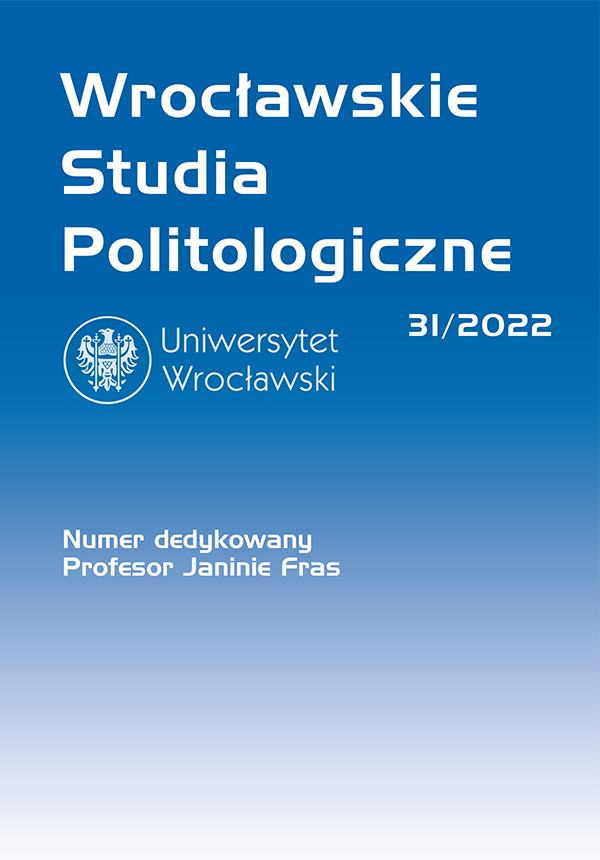

Artykuły

The precise origins of COVID-19 may never be established, but the weight of available evidence confirms that, together with the pandemics of 1890 and 1918 and the two most recent coronavirus viruses, SARS and MERS, it has followed a zoonotic path of transmission—from animals to humans. In which case the problem lies with the accelerating clearances of forests and woodlands for cattle ranching and palm oil and soya plantations to service a global food system increasingly organised around meat intensive fast and convenience foods. McDonald’s and KFC may have originated in America, but their brightly lit outlets are now a familiar sight in Chinese cities servicing a shared urban lifestyle that supports the unsustainable consumption that is driving the present climate and environmental emergencies. If this analysis is correct, responsibility for COVID-19 and the likelihood of future coronavirus pandemics lies primarily with the corporations promoting the intensified industrialisation of global agriculture. These companies form a complex agribusiness network connecting US and Chinese enterprises and driving deforestation and habitat destruction across the world. By escalating contacts between displaced species and humans these interventions significantly increase the likelihood of zoonotic transmission. Addressing this threat requires transformative changes to prevailing priorities for global production and consumption. Confronting the embedded cultures of distrust and antagonism generated by successive abrasive encounters between China and the West is an essential step towards recognising that the major perils now facing humanity are universal and in urgent need of a common and collaborative response.